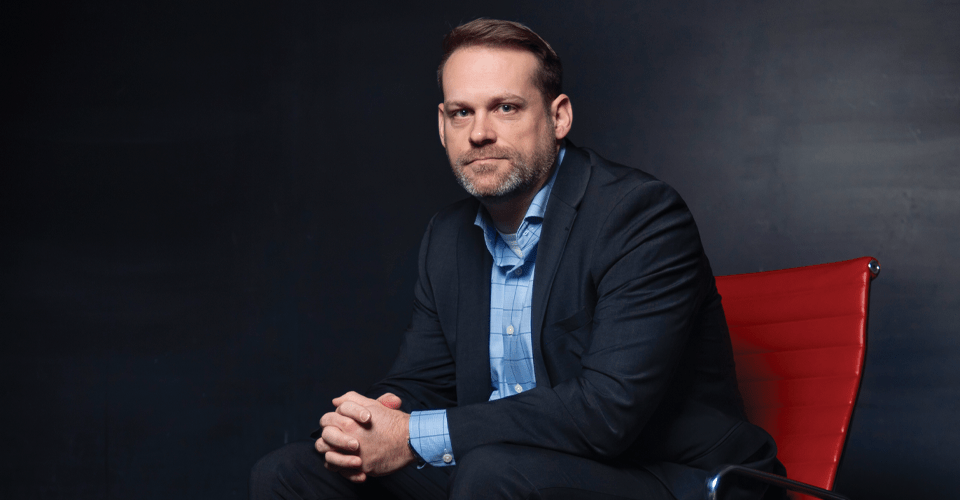
It’s been more than 50 years since a seminal essay in Harper’s Magazine described the “paranoid style” in American politics, but the 2020 election—from baseless allegations of electoral fraud to QAnon’s theory of a liberal cabal engaging in child abuse and cannibalism—made it feel very relevant.
Michael Jensen, a senior researcher at the National Consortium for the Study of Terrorism and Responses to Terrorism (START) at UMD, is an expert on domestic radicalization and manages data collection for the Global Terrorism Database. Terp spoke to him about the endurance of conspiracy theories, the response of tech companies and what Joe Biden’s presidential administration can expect from the political fringe.
Will Biden’s White House face an increasing amount of extremism and radicalization?
The appeal of conspiracy theories really transcends presidential administrations. For the most part, these conspiracies are not terribly creative. This QAnon conspiracy is a narrative that has been a core of conspiracy theories all the way back to early Christianity. Same thing with narratives of government takeovers on public lands, government restrictions on firearms.
Do Facebook, Twitter and other social media bans of accounts that spread conspiracy theories help or just confirm suspicions of “knowing the truth”?
It’s one thing for the message to be on the platform in obscure areas, and it’s another through the use of algorithms, monetization and ad revenue to push those narratives to users who otherwise would never come across them. That’s where (social media’s) failure with QAnon really has been. We’ve seen QAnon in the yoga community and mom self-help groups because of the ways these social media platforms work.
QAnon has maintained relevance and approval—with one supporter winning a congressional seat—even though it hasn’t lived up to its promises of arrests and executions of high-profile Democrats. Why doesn’t that matter?
They brought in virtually every conspiracy theory you can think of and tied it back into this network. We didn’t get strong condemnation of the conspiracy theory from political leadership. (President Donald) Trump retweeted QAnon supporters over 200 times. The narrative was really getting pushed at a time when people were looking for answers to difficult problems (due to the COVID-19 pandemic) and the anxiety they were facing.
What could happen if the Biden administration takes a stronger approach to the pandemic, such as nationally mandating masks or business closures?
We already saw it the first time around under a Trump administration. It was the militias on the far right who were leading many of those protest challenges, and there’s no reason they wouldn’t be players in that again. If you see anything that looks like April 2020-type restrictions on business and schools and public and religious gatherings, I think we’d see a pretty strong reaction.
This narrative of a stolen election isn’t going to go away overnight. Not only is that dangerous for our democratic institutions, but there are individuals attracted to these movements that are susceptible to being mobilized for acts of violence.
This story originally appeared on the Terp Magazine website here.
